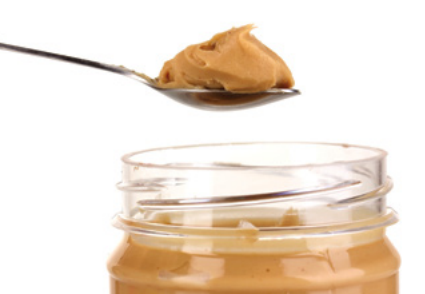“I can’t imagine what you’ve been going through, Shannon,” said Mary. “I’ll grab you a glass of wine.”
I had just arrived at Mary’s front door, stopping by to pick up my two kids whom she had generously hosted for the afternoon.
This was back when my husband, Nick, was going through cancer treatment. Our friends had been so helpful — delivering meals to our porch, offering to clean our house and inviting the kids over for extended playdates, giving me time to catch up with my caregiving duties.
“No, thanks,” I said. “I’m not really drinking during Nick’s treatment.”
“Oh,” she said. She seemed surprised. “Are you sure?”
‘Fun parents’
I couldn’t fault her for being surprised. Prior to Nick’s diagnosis, we were among the “fun parents,” who would always accept a drink.
We’d meet up with other families at kid-friendly breweries and bars. Our children’s birthday parties featured bouncy houses, spiderweb mazes and, naturally, plenty of booze for the adults on hand.
And we were by no means alone in our habits. All the other parents were knocking them back, too. Coolers of beer appeared at wholesome beach outings.
Mimosas were poured at Easter egg hunts.
At a 10 a.m. kids’ show at First Ave — Curtiss A’s band covering Beatles songs — the majority of parents were clutching drinks while their children capered about under a giant parachute.
Until I took a break from drinking, none of this seemed out of the ordinary.
Uncorked
A quick Google search confirms what seems obvious: Drinking is on the rise in the United States, particularly among women.
According to a study sponsored by the National Institute on Alcohol Abuse and Alcoholism, alcohol use disorder among American women increased by 83.7% between 2002 and 2013. High-risk drinking (defined as more than three drinks in a day or seven in a week for females) increased by about 58 percent among women during the same period.
These sorts of statistics are relatively easy to dismiss if you’re a “together” sort of person who hasn’t experienced any serious consequences from alcohol: Parenting is hard. What’s a glass or two of wine in the evening? Haven’t we “earned” it?
After a lot of uncomfortable, clear-headed thought, I’ve come to believe that what we’ve “earned” is a tough road.
The U.S. proves itself on every front to be highly ambivalent when it comes to women and families. Affordable child care? Health care as a right and not a privilege? Bodily autonomy for women?
“LOL!” says Mitch McConnell.
According to recent research cited in a Today article, while men tend to use alcohol for its positive reinforcement — in other words, to have fun — “Women are more likely to turn to alcohol for its negative, reinforcing effects — to decrease feeling bad, and temporarily melt away some anxiety and stress.”
You don’t say.
The power of vanity
Let’s say this is more or less true — that the women of America are drinking alcohol in ever-increasing amounts in order to dull the pain of living in this trauma-nation. We want things to change (OK, I want things to change), but let’s face it — nothing is going to change overnight.
So, if “that’s all there is,” why not “break out the booze and have a ball?”
I will tell you why not — because alcohol will destroy your appearance.
I could tell you that you should cut down on drinking because it causes cancer and destroys your sleep. This will probably not make you change your behaviors, however.
But you know what might? If I tell you that you might lose 20 pounds effortlessly, transforming from an irritable, bloated individual to a radiant, well-rested power-person.
If you want more proof, just google “sober transformations.”
Or if you want the other kind of proof, check out the social media profiles of your most beautiful friends who also happen to be big drinkers. Look at their pictures from 10 years ago — and then look at them now.
As petty as it is, vanity can be incredibly motivating.
Shannon Keough lives in St. Paul with her husband and two children.























